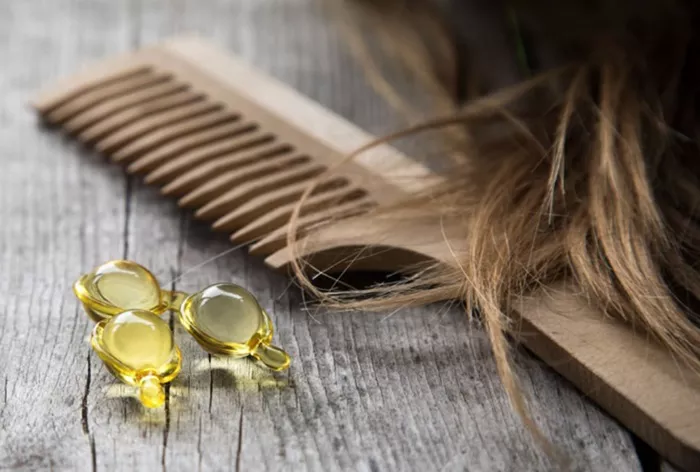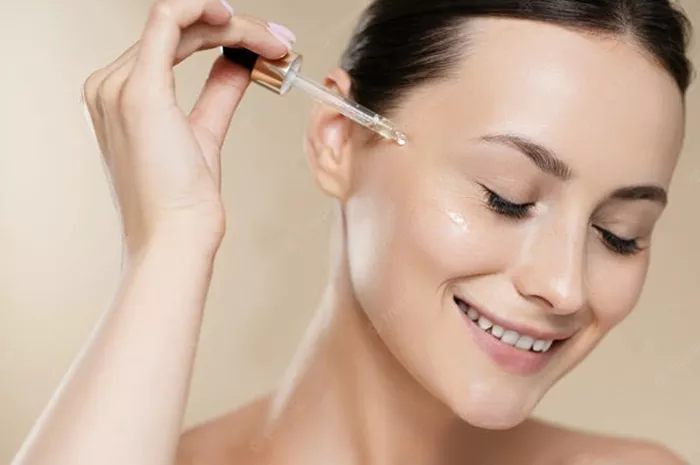Hair loss is a widespread concern that affects both physical appearance and self-confidence. While multiple factors contribute to thinning hair, vitamin deficiencies are often a significant underlying cause. Experts emphasize the importance of maintaining a balanced intake of essential vitamins for healthy hair growth.
Key Vitamins Linked to Hair Loss
Recent insights from two experts—Ravina Jain, Skin Expert and Managing Director of The Skin Story, and Dr. Shifa Yadav, Consultant Dermatologist at Artemis Hospitals—highlight five vital vitamins that play crucial roles in hair health.
Vitamin D: A Crucial Player
Vitamin D deficiency is alarmingly common and is recognized as one of the leading causes of hair loss. According to Jain, vitamin D supports hair follicles during their growth cycle. Insufficient levels can lead to thinning hair and conditions such as alopecia areata, which causes patchy hair loss. To boost vitamin D levels, experts recommend spending time outdoors in natural sunlight or, for those with limited sun exposure, considering vitamin D supplements.
Dr. Yadav echoes these sentiments, noting that vitamin D is essential for stimulating hair follicles. A deficiency can hinder hair growth and weaken follicles, particularly in individuals exposed to less sunlight, making this vitamin a primary contributor to seasonal hair loss.
Biotin: The Hair Growth Booster
Biotin, also known as vitamin B7, is another crucial nutrient for hair health. Jain points out that biotin is vital for keratin production, the protein that strengthens hair. Insufficient biotin can lead to brittle hair that is prone to thinning. Plant-based sources such as nuts, seeds, and whole grains are excellent for maintaining healthy biotin levels.
Dr. Yadav notes that while biotin deficiency is rare, it can cause significant hair loss. A diet lacking biotin or certain medical conditions can weaken hair, increasing the likelihood of shedding.
Iron: Essential for Follicle Health
Iron deficiency, particularly prevalent in women, is another major contributor to hair loss, according to Jain. Iron is crucial for ensuring oxygen-rich blood flows to the scalp, which keeps hair follicles healthy. Low iron levels often lead to hair loss. Including iron-rich foods like lentils, spinach, and tofu in one’s diet, alongside vitamin C to enhance absorption, can help address this deficiency.
Vitamins A and E: Balancing Hair and Scalp Health
Dr. Yadav emphasizes the importance of vitamins A and E in maintaining hair health. Vitamin A supports the production of sebum, which moisturizes the scalp. However, both insufficient and excessive levels can lead to alopecia. Too much vitamin A can clog hair follicles, resulting in hair loss.
Conversely, vitamin E acts as a powerful antioxidant that protects hair follicles from oxidative stress, which can damage them. A deficiency in vitamin E can lead to hair breakage and scalp issues, further contributing to hair loss.
The Importance of a Balanced Diet
Both experts agree that a well-rounded diet rich in essential vitamins is key to preventing hair loss. Dr. Yadav recommends individuals experiencing unexplained hair loss to consider checking for vitamin deficiencies and consulting healthcare professionals for advice. Jain also advocates for vegan and cruelty-free supplements enriched with biotin, iron, and vitamin D to support hair health naturally.
In conclusion, addressing vitamin deficiencies through dietary adjustments and supplements can lead to stronger, healthier hair. Recognizing the critical role that vitamins play in hair growth is essential for anyone concerned about hair loss.
Related Topics
5 Health Benefits of Sprouting Your Foods
Snail Mucin: The Slimy Ingredient Dominating Beauty
New Study Reveals Short Bursts of Exercise Can Enhance Strength During Workday



































